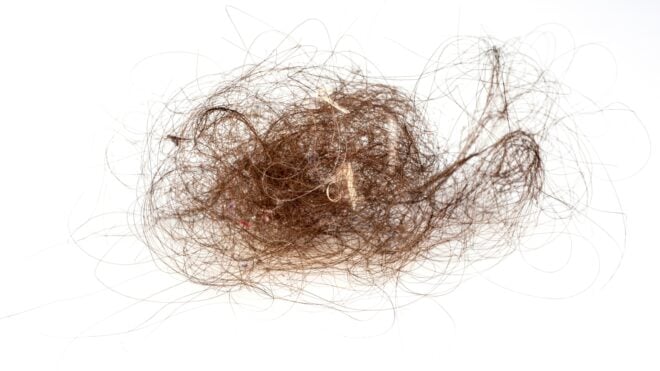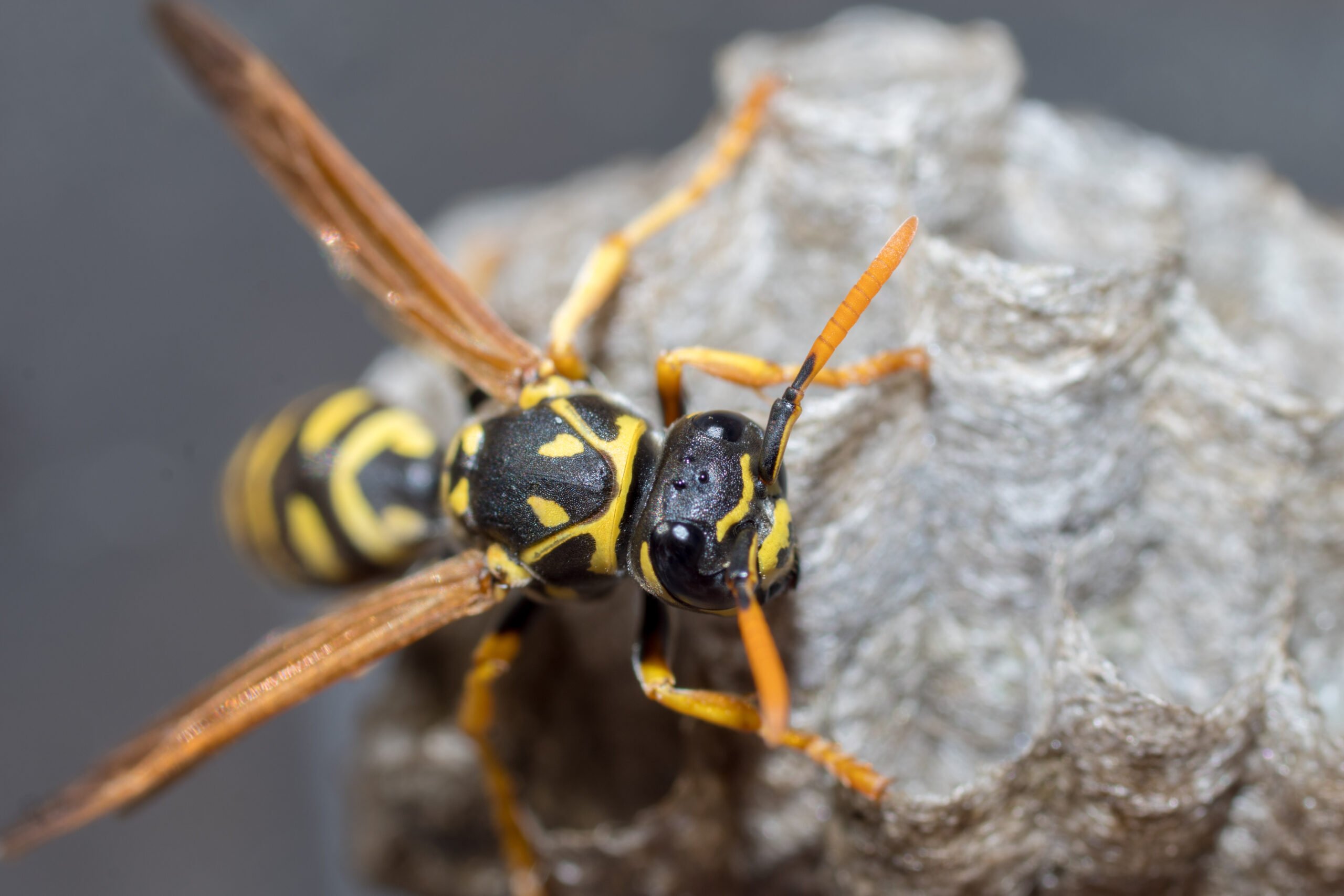
It seems silly to have to say this, but please don’t put crushed-up wasp nests into your vagina. Apparently women have been doing this in an attempt to tighten and rejuvenate their vaginas, but it’s a really bad idea.
According to the Daily Mail, women are putting crushed oak galls — nests that house wasp eggs and larvae — into their vaginas. Apparently, people believe this ground-up substance will “restore the uterine wall after childbirth, heal an episiotomy cut and also clean out the vagina.”
Although oak galls have some medicinal properties (they’re used in traditional medicine to treat certain infections), they are not meant to tighten and restore the vagina. Even if there is any truth to the “rejuvenation” claims, there are so many potential side effects that it’s definitely not worth it. According to Popular Science, oak galls contain astringents, which can irritate and dry out your vagina. This can lead to painful increased friction during intercourse and bad infections.
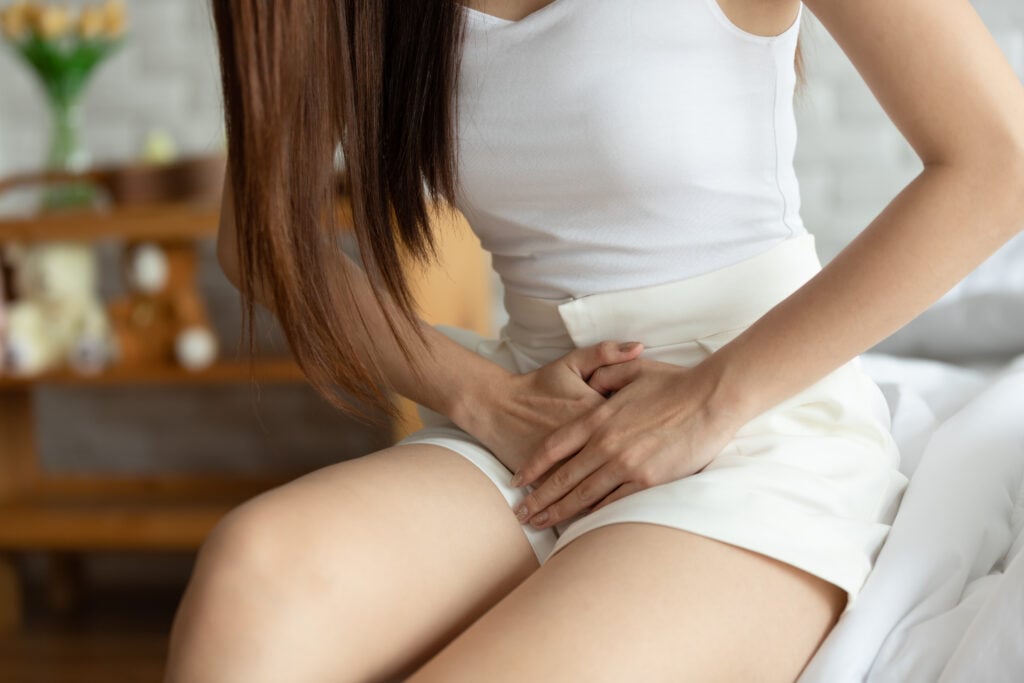
Putting strange substances into your vagina is never a good idea, and wasp nests are no exception.
A recent trend in the beauty and vaginal rejuvenation world insists women should attempt to put ground-up wasp nests in their vaginas. Do we even have to tell you that this is a terrible idea?
According to the University of Kentucky, oak galls, also called oak apple galls, “are large rounded growths that are filled with a spongy mass. A single wasp larva is located in a hard seed-like cell in the center.”
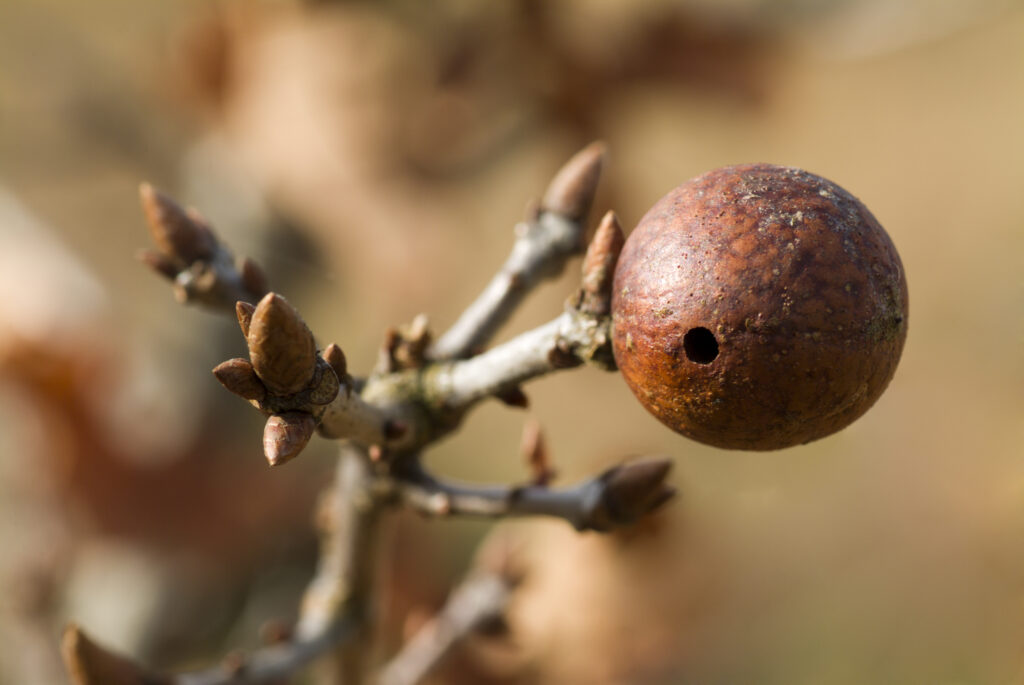
People have used oak galls for centuries to make ink, but more recently women have begun putting powdered oak galls into their vaginas in order to rejuvenate them and make them “younger.”
Doctors say this practice is not only questionable but could actually be dangerous to a woman’s health and wellbeing. Is this news to anyone who is currently reading this? I doubt it.
OB-GYN Christine Greves told Women’s Health that oak galls haven’t been extensively studied when it comes to the vagina. Because of the lack of research, it’s not a good idea to put this substance into your vagina.
Not only are ground oak galls not healthy, but they can also be dangerous. Powdered oak galls can cause vaginal dryness, which can increase the risk of infection and vaginal odor.
So where are women getting access to oak galls? Sellers on websites like Etsy and Amazon sell oak galls, but we do not recommend purchasing them for these purposes.
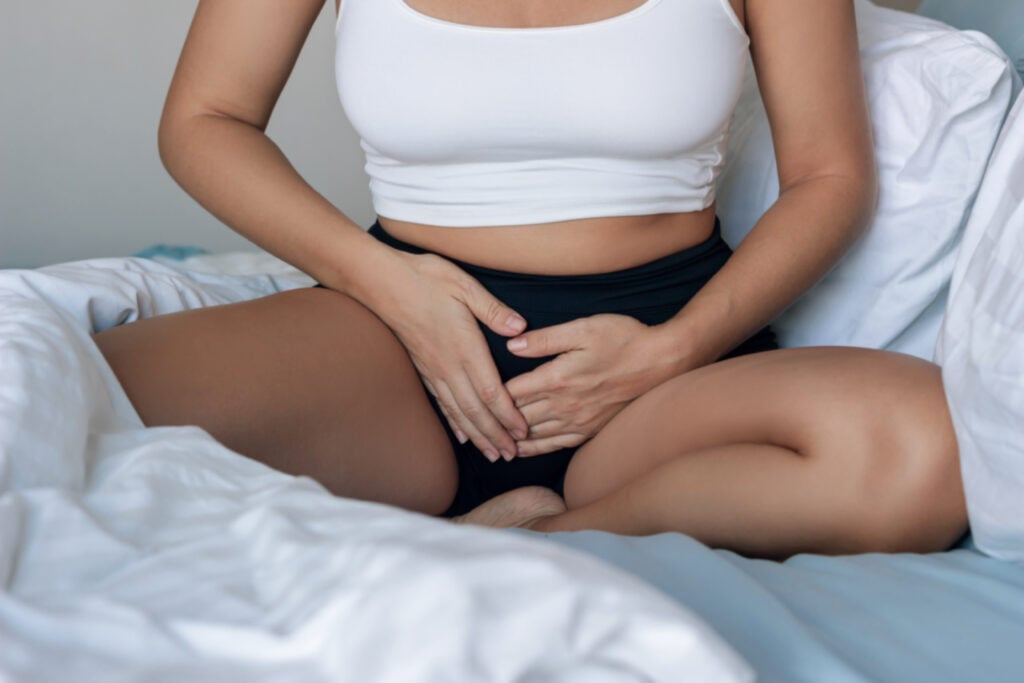
Many sellers claim that oak gall powder can help in vaginal tightening and cleansing but there are no studies to back up these insignificant claims. And even if there was evidence, how trustworthy could that be since health care professionals seem to be on the opposite side of the argument?
Some sellers explain that it might sting when you apply the powdered substance to your vagina, so why on earth would a person continue to do it when your body is clearly telling you it’s a bad idea?
As Dr. Jen Gunter explained in a blog post, “Here’s a pro-tip, if something burns when you apply it to the vagina it is generally bad for the vagina.” That should be obvious, but it seems it may not be to some.
Just because the product is available does not mean doctors approve of it, as is the case with so many other “wellness” trends and tricks.
If you have any vaginal issues, you should always discuss the problems with your doctor. Don’t try to figure it out on your own as you could be putting yourself at risk.
And if you ever have questions about the validity of a supposed “health product,” ask your doctor about it! In this case most of your friends would probably advise you against the use of oak galls.
Moral of the story: Don’t put wasp nests in your vagina!



